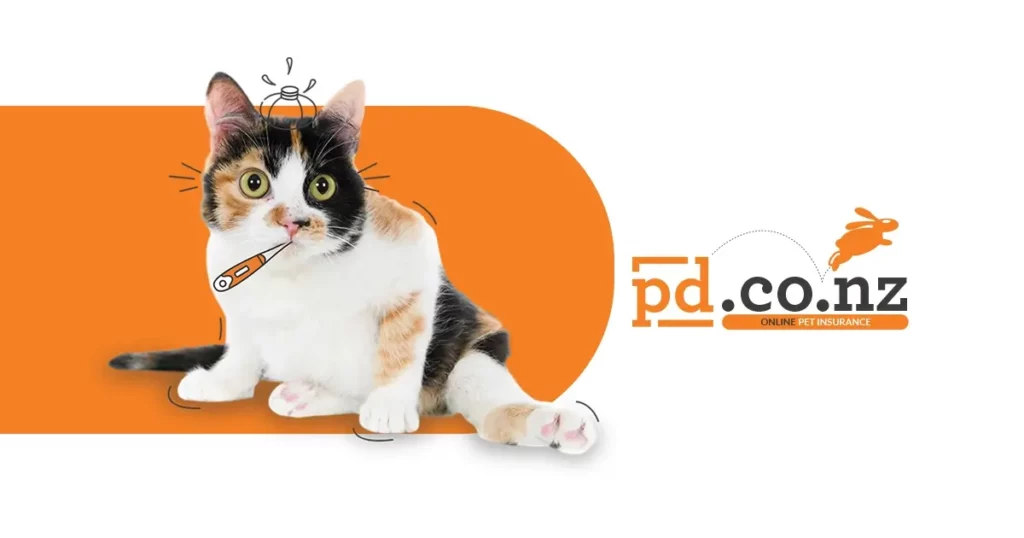While maintaining consistency in a kitty’s diet can be beneficial, it’s essential to ensure its nutritional needs are met. Feeding a whole, high-quality cat food that provides all the essential nutrients is crucial for health and happiness.
Contact your veterinarian or a feline nutritionist for recommendations on suitable cat food products that meet your pet’s dietary requirements. Also, if you need to switch the food for any reason, then do so gradually by mixing small amounts of the new cat food with the old cat food over a period.
A step-by-step transition can help your kitty’s digestive system adjust to the new food while minimizing the chances of digestive upset. However, you should consider getting cat insurance NZ just in case any unexpected health issues arise.
Contemplate purchasing cheap cat insurance in the least so your munchkin can avail of timely medical care during unplanned vet visits. Meanwhile, read this article to learn when you should consider changing your cat’s food.

When to change my kitty’s diet plan?
1.When a kitty needs to lose weight
In such a case, consulting a veterinarian is an important first step. The vet will assess your cat’s weight and overall health to determine if weight loss is necessary and provide appropriate diet and exercise recommendations.
The vet may also suggest switching your kitty cat’s food to a weight loss or weight management formula specifically designed for felines. Such foods are formulated to provide essential nutrients while having lower calories than regular cat food. They often contain increased fiber to promote satiety and support healthy weight loss.
2.When a kitty experiences skin issues
If your kitty is experiencing itchiness, it’s important to identify the underlying cause. Allergies, including food allergies, can be a potential culprit. Depending on the diagnosis, you can explore low-allergen food options to help reduce exposure to potential allergens.
Some pet food brands offer specialized diets formulated for sensitive skin and allergies. Your vet can recommend specific sensitive skin diets or prescription diets tailored to your kitty cat’s health needs.
3.When a kitty has digestive troubles
If your furry pet has been experiencing chronic symptoms like flatulence, diarrhea, or a rumbling stomach, it could be an issue with its diet or food intolerance. A vet expert can help rule out potential causes and determine if a diet change is essential.
In the case a dietary issue or food intolerance is suspected, the vet may suggest switching to a higher quality food or a special diet for cats with sensitive stomachs. Premium diets often contain top-grade ingredients that promote digestion. Tailored diets for sensitive stomachs can provide targeted nutrition to support digestive health.
4.When a kitty enters the senior phase
When a kitty enters seniorhood, the vet may recommend food specially formulated for older cats. Senior cat foods address the changing health needs of aging cats. They often contain fewer calories to prevent weight gain or obesity, as senior cats have a slower metabolism. These foods may also have higher levels of fiber to support digestion and avoid constipation, which can be more common in older cats.
Besides the above situations, whenever you notice significant changes in energy levels, food habits, and physical health, meet your vet for guidance on food and nutrition. At the same time, consider being prepared with cat insurance in NZ so your furball has basic medical cover at all times.
Your cat can receive quality medical care when suffering from particular health challenges with minor financial burden with the aid of cheap cat insurance, so why not contemplate purchasing a policy?